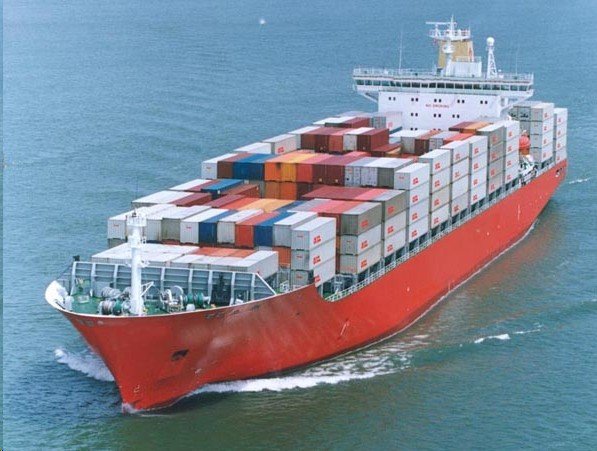According to the United Nations Conference on Trade and Development, port calls by container ships in Nigeria and other African countries increased by 20% between the first quarter of 2018 and 2023.
In its 2024 Maritime Transport Review, signed by Secretary-General Rebecca Grinspan, UNCTAD said tanker port calls increased by 38 percent, a record increase across the continent during the period under review.
He called on the continent to increase investment in port infrastructure to address port congestion and boost trade.
“From the first half of 2018 to the first half of 2023, container ship calls in Africa increased by 20% and tanker port calls by 38%, both record increases for the continent,” the report said. There is.
UNCTAD added that investments in ports will also increase resilience to climate change and support seamless cargo movement.
The organization also stressed the importance of streamlining customs procedures, strengthening hinterland connectivity, developing transport and transit corridors, and establishing dry ports.
It also highlighted the need to improve trade and transport facilitation to support intermodal connectivity.
The group stressed that although Africa bore the brunt of the Red Sea shipping crisis, it was “making progress in port and vessel performance, trade facilitation and the transition to clean energy.”
UNCTAD says establishing dry ports as inland extensions of seaports could bring significant benefits to trade by facilitating cargo handling, storage and regulatory inspection away from congested coastal areas. emphasized.
The report addressed the urgent demand for improved port and hinterland connectivity, highlighted the importance of leveraging digitization and automation to streamline cargo handling operations, and strengthening public-private partnerships.
The group said such partnerships are essential to closing infrastructure gaps and attracting private investment in the sector.
UNCTAD said that by improving connectivity through sustainable investments, countries can build competitive and climate-resilient port systems.
According to UNCTAD, assessing and strengthening port performance requires the adoption of globally recognized port indicators, including the integration of digital solutions such as single windows and automated customs processes.
The group stressed that streamlining customs duties and trade compliance could lead to significant efficiency gains.
UNCTAD also proposed establishing a certified operator program to accelerate the movement of goods and reduce customs clearance times for cargo.
One of the challenges cited by UNCTAD is managing long delivery times for empty containers, which can disrupt operations and increase costs.
The report recommends that African countries, especially landlocked countries, establish well-coordinated transport corridors, which are key to enhancing connectivity and reducing delays.
The construction of dry ports and inland container warehouses will also allow landlocked countries to extend seaports inland for cargo handling and storage, reducing the burden on coastal ports and allowing for smoother regulatory inspections. He also pointed out that there is a possibility.
According to UNCTAD, intermodal transport solutions that integrate different transport modes are central to achieving seamless cargo transport.
The organization noted that using containers in intermodal transport can reduce port congestion and transit times, reducing costs.

